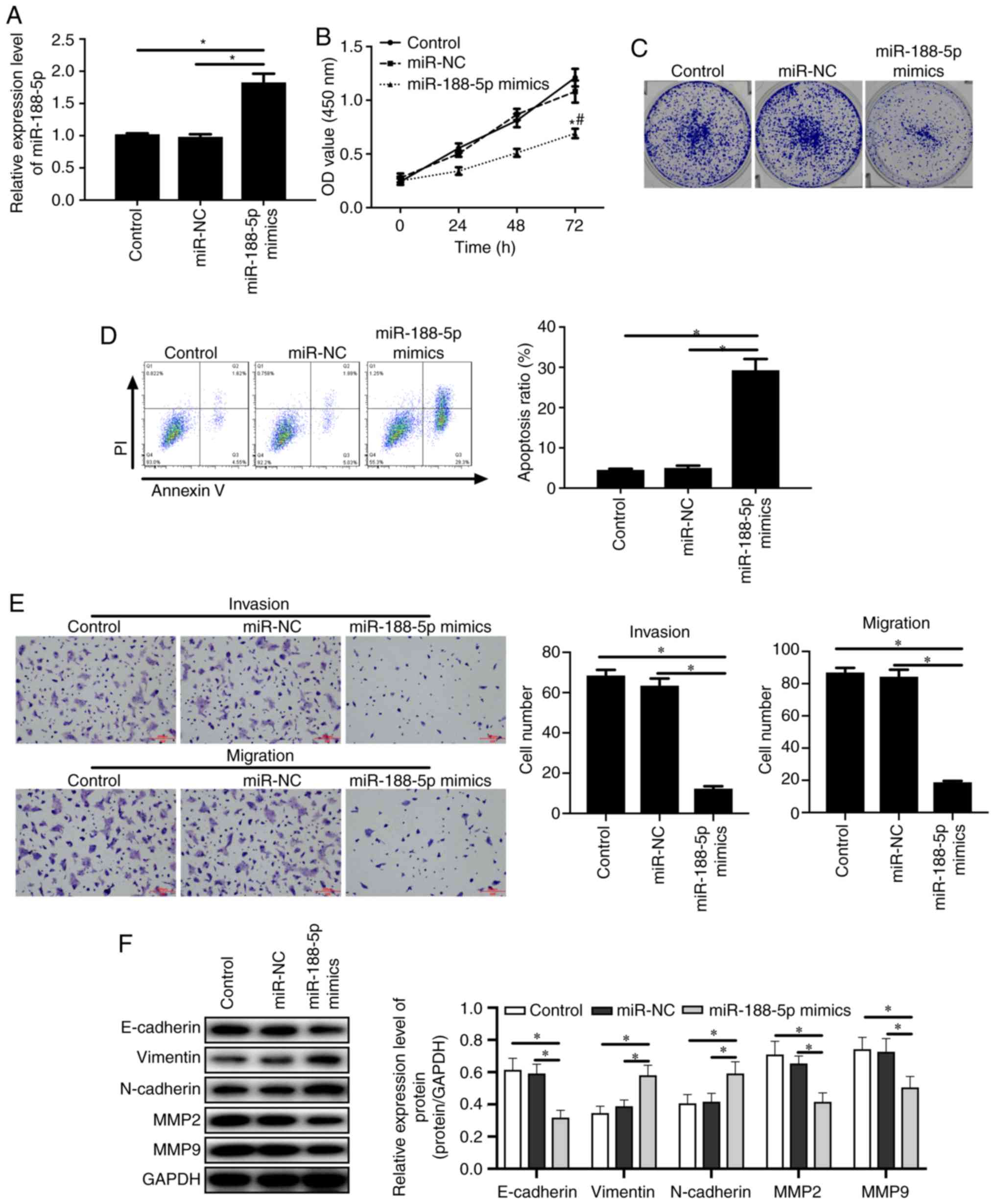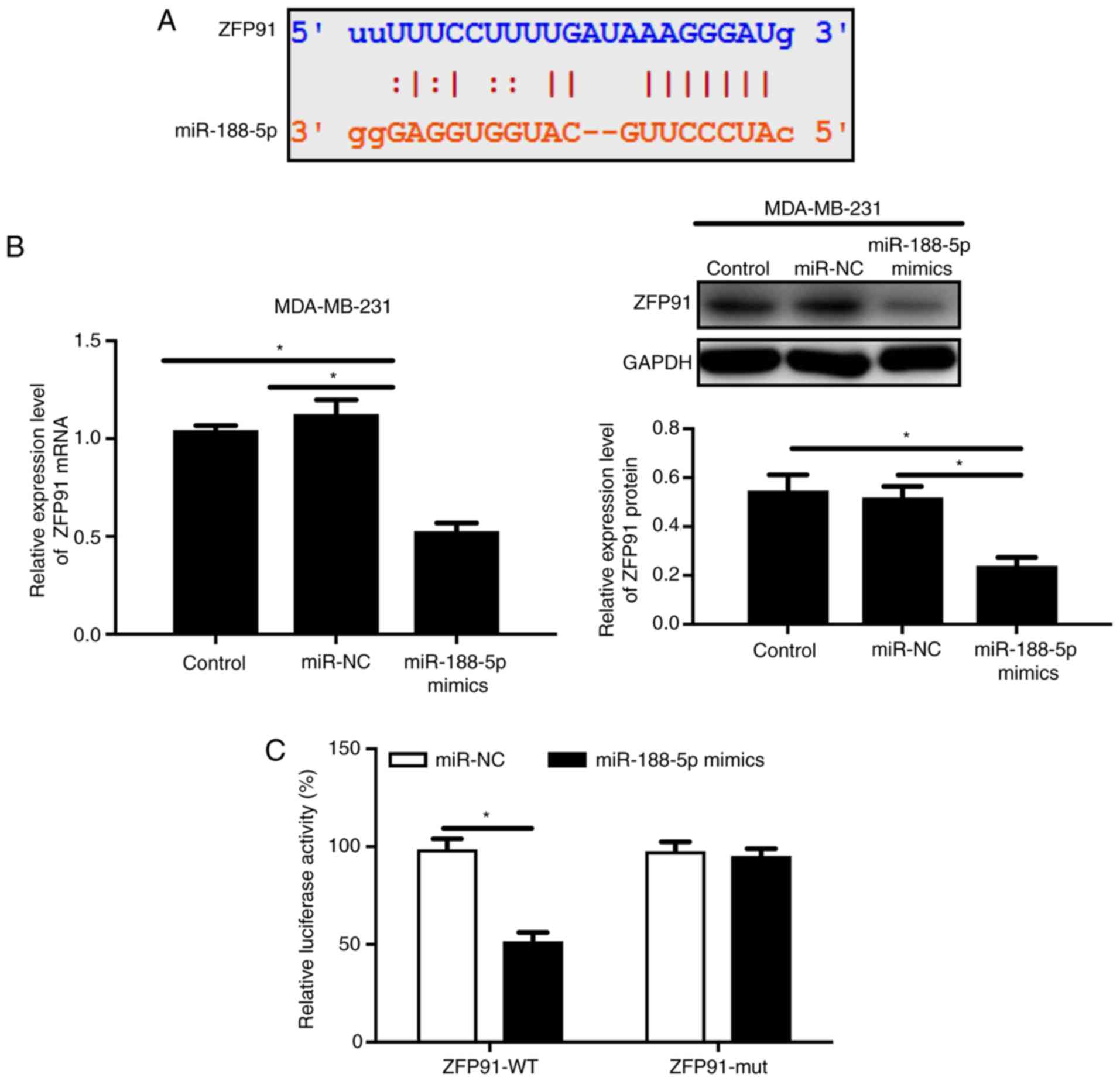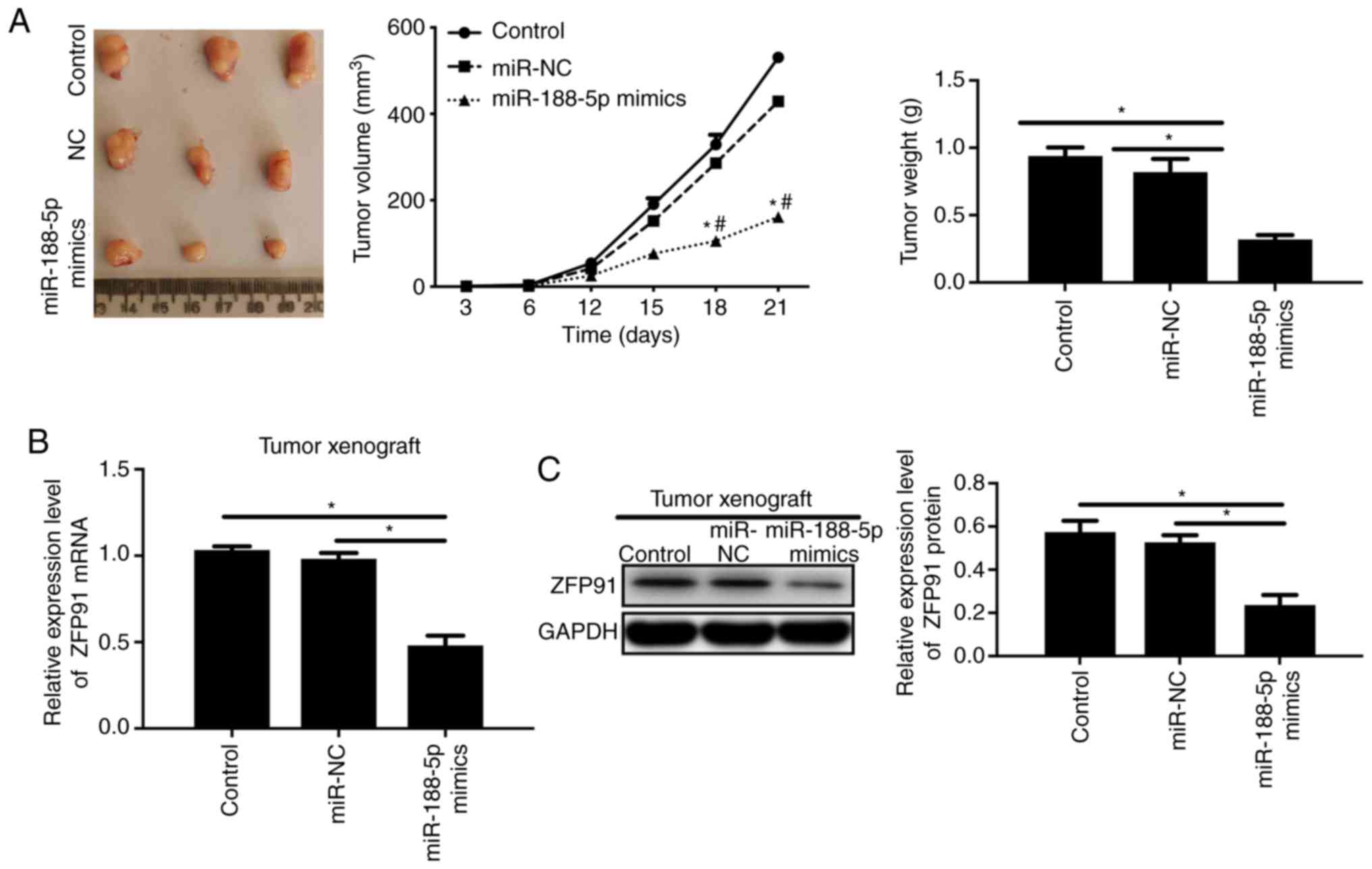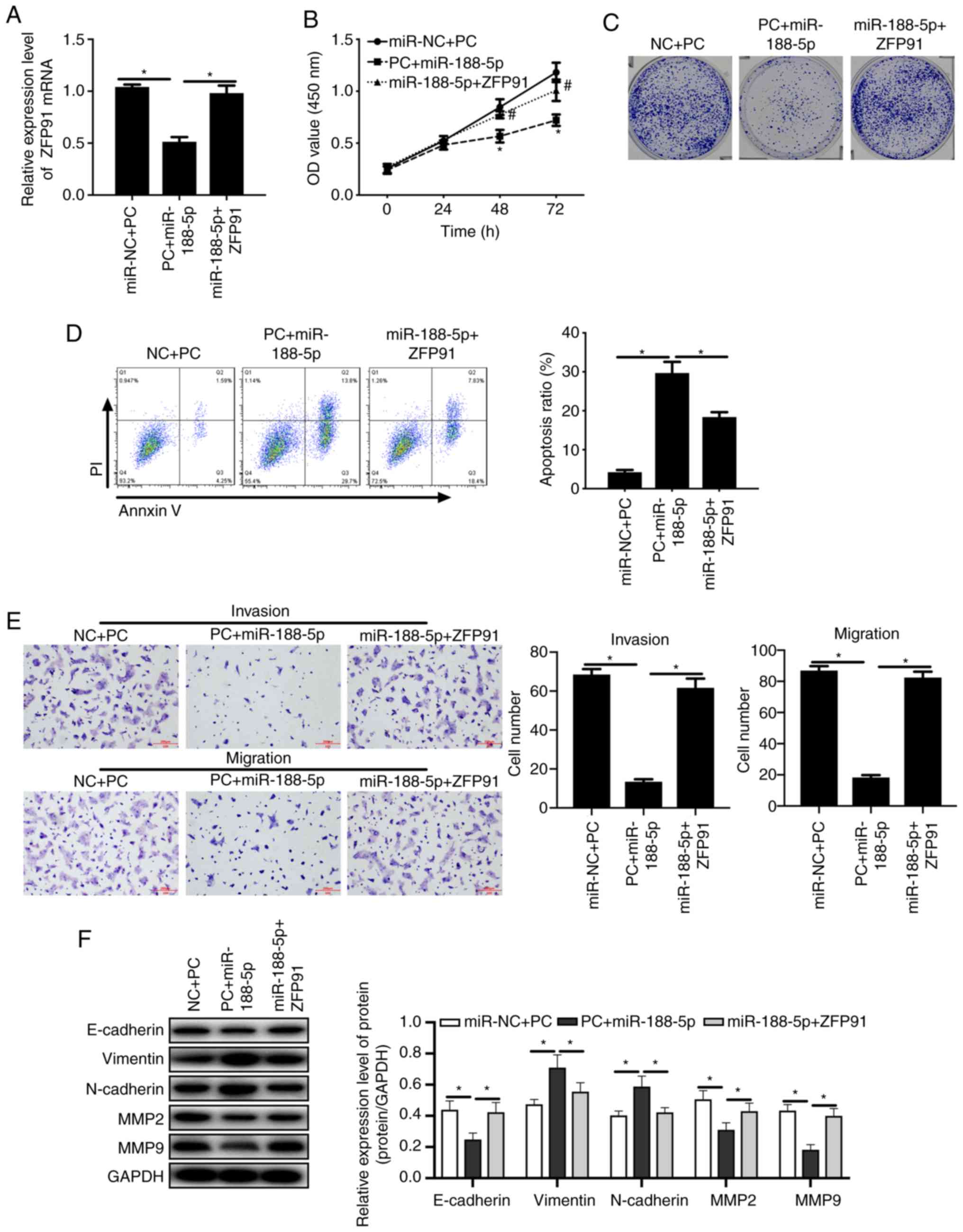|
1
|
Davidson NE, Armstrong SA, Coussens LM,
Cruz-Correa MR, DeBerardinis RJ, Doroshow JH, Foti M, Hwu P,
Kensler TW, Morrow M, et al: AACR cancer progress report 2016. Clin
Cancer Res. 22 (Suppl 19):S1–S137. 2016. View Article : Google Scholar : PubMed/NCBI
|
|
2
|
Ueno NT, Fernandez JRE, Cristofanilli M,
Overmoyer B, Rea D, Berdichevski F, El-Shinawi M, Bellon J,
Le-Petross HT, Lucci A, et al: International consensus on the
clinical management of inflammatory breast cancer from the morgan
welch inflammatory breast cancer research program 10th anniversary
conference. J Cancer. 9:1437–1447. 2018. View Article : Google Scholar : PubMed/NCBI
|
|
3
|
Lim B, Woodward WA, Wang X, Reuben JM and
Ueno NT: Inflammatory breast cancer biology: The tumour
microenvironment is key. Nat Rev Cancer. 18:485–499. 2018.
View Article : Google Scholar : PubMed/NCBI
|
|
4
|
Patnaik A, Rosen LS, Tolaney SM, Tolcher
AW, Goldman JW, Gandhi L, Papadopoulos KP, Beeram M, Rasco DW,
Hilton JF, et al: Efficacy and safety of abemaciclib, an inhibitor
of CDK4 and CDK6, for patients with breast cancer, non-small cell
lung cancer, and other solid tumors. Cancer Discov. 6:740–753.
2016. View Article : Google Scholar : PubMed/NCBI
|
|
5
|
Bartel DP: MicroRNAs: Genomics,
biogenesis, mechanism, and function. Cell. 116:281–297. 2004.
View Article : Google Scholar : PubMed/NCBI
|
|
6
|
Filipowicz W, Bhattacharyya SN and
Sonenberg N: Mechanisms of post-transcriptional regulation by
microRNAs: Are the answers in sight? Nat Rev Genet. 9:102–114.
2008. View
Article : Google Scholar : PubMed/NCBI
|
|
7
|
Zhang H, Qi S, Zhang T, Wang A, Liu R, Guo
J, Wang Y and Xu Y: miR-188-5p inhibits tumour growth and
metastasis in prostate cancer by repressing LAPTM4B expression.
Oncotarget. 6:6092–6104. 2015. View Article : Google Scholar : PubMed/NCBI
|
|
8
|
Fang F, Chang RM, Yu L, Lei X, Xiao S,
Yang H and Yang LY: MicroRNA-188-5p suppresses tumor cell
proliferation and metastasis by directly targeting FGF5 in
hepatocellular carcinoma. J Hepatol. 63:874–885. 2015. View Article : Google Scholar : PubMed/NCBI
|
|
9
|
Edge SB, Byrd DR, Compton CC, Fritz AG,
Greene FL and Trotti A: AJCC cancer staging manual. 7. Springer;
New York, NY: 2010, PubMed/NCBI
|
|
10
|
Livak KJ and Schmittgen TD: Analysis of
relative gene expression data using real-time quantitative PCR and
the 2(-Delta Delta C(T)) method. Methods. 25:402–408. 2001.
View Article : Google Scholar : PubMed/NCBI
|
|
11
|
Jacob A, Jing J, Lee J, Schedin P, Gilbert
SM, Peden AA, Junutula JR and Prekeris R: Rab40b regulates MMP2 and
MMP9 trafficking during invadopodia formation and breast cancer
cell invasion. J Cell Sci. 126:4647–4658. 2013. View Article : Google Scholar : PubMed/NCBI
|
|
12
|
Ma J, Mi C, Wang KS, Lee JJ and Jin X:
Zinc finger protein 91 (ZFP91) activates HIF-1α via NF-κB/p65 to
promote proliferation and tumorigenesis of colon cancer.
Oncotarget. 7:365512016. View Article : Google Scholar : PubMed/NCBI
|
|
13
|
Paschke L, Jopek K, Szyszka M, Tyczewska
M, Ziolkowska A, Rucinski M and Malendowicz LK: ZFP91: A
noncanonical NF-κB signaling pathway regulator with oncogenic
properties is overexpressed in prostate cancer. Biomed Res Int.
2016:69635822016. View Article : Google Scholar : PubMed/NCBI
|
|
14
|
Jin X, Jin HR, Jung HS, Lee SJ, Lee JH and
Lee JJ: An atypical E3 ligase zinc finger protein 91 stabilizes and
activates NF-kappaB-inducing kinase via Lys63-linked
ubiquitination. J Biol Chem. 285:30539–30547. 2010. View Article : Google Scholar : PubMed/NCBI
|
|
15
|
McGuire A, Brown JAL, Malone C, McLaughlin
R and Kerin MJ: Effects of age on the detection and management of
breast cancer. Cancers (Basel). 7:908–929. 2015. View Article : Google Scholar : PubMed/NCBI
|
|
16
|
McLaughlin SA, Staley AC, Vicini F,
Thiruchelvam P, Hutchison NA, Mendez J, MacNeill F, Rockson SG,
DeSnyder SM, Klimberg S, et al: Considerations for clinicians in
the diagnosis, prevention, and treatment of breast cancer-related
lymphedema: Recommendations from a multidisciplinary expert ASBrS
panel: Part 1: Definitions, assessments, education, and future
directions. Ann Surg Oncol. 24:2818–2826. 2017. View Article : Google Scholar : PubMed/NCBI
|
|
17
|
Romano G, Veneziano D, Acunzo M and Croce
CM: Small non-coding RNA and cancer. Carcinogenesis. 38:485–491.
2017. View Article : Google Scholar : PubMed/NCBI
|
|
18
|
Wang M, Qiu R, Gong Z, Zhao X, Wang T,
Zhou L, Lu W, Shen B, Zhu W and Xu W: miR-188-5p emerges as an
oncomiRNA to promote gastric cancer cell proliferation and
migration via upregulation of SALL4. J Cell Biochem.
120:15027–15037. 2019. View Article : Google Scholar : PubMed/NCBI
|
|
19
|
Li Y, Yan X, Shi J, He Y, Xu J, Lin L,
Chen W and Lin X and Lin X: Aberrantly expressed miR-188-5p
promotes gastric cancer metastasis by activating Wnt/β-catenin
signaling. BMC Cancer. 19:5052019. View Article : Google Scholar : PubMed/NCBI
|
|
20
|
Iwakawa HO and Tomari Y: The functions of
microRNAs: mRNA decay and translational repression. Trends Cell
Biol. 25:651–665. 2015. View Article : Google Scholar : PubMed/NCBI
|
|
21
|
Wang M, Zhang H, Yang F, Qiu R, Zhao X,
Gong Z, Yu W, Zhou B, Shen B and Zhu W: miR-188-5p suppresses
cellular proliferation and migration via IL6ST: A potential
noninvasive diagnostic biomarker for breast cancer. J Cell Physiol.
235:4890–4901. 2020. View Article : Google Scholar : PubMed/NCBI
|
|
22
|
Saotome Y, Winter CG and Hirsh D: A widely
expressed novel C2H2 zinc-finger protein with multiple consensus
phosphorylation sites is conserved in mouse and man. Gene.
152:233–238. 1995. View Article : Google Scholar : PubMed/NCBI
|
|
23
|
Lee JJ, Lee JH, Lee K, Hong YS and Jin XJ:
Therapeutic agent for cancer, inflammation, and auto-immune disease
containing inhibitor of zinc finger protein 91. US Patent
20080248024A1. Filed February 28, 2008; issued October 9, 2008.
|
|
24
|
Paschke L, Jopek K, Szyszka M, Tyczewska
M, Malendowicz LK and Rucinski M: ZFP91 zinc finger protein
expression pattern in normal tissues and cancers. Oncol Lett.
17:3599–3606. 2019.PubMed/NCBI
|
|
25
|
Unoki M, Okutsu J and Nakamura Y:
Identification of a novel human gene, ZFP91, involved in acute
myelogenous leukemia. Int J Oncol. 22:1217–1223. 2003.PubMed/NCBI
|
|
26
|
Xiao G and Fu J: NF-κB and cancer: A
paradigm of Yin-Yang. Am J Cancer Res. 1:192–221. 2011.PubMed/NCBI
|
|
27
|
Tompkins V, Hagen J, Zediak VP and Quelle
DE: Identification of novel ARF binding proteins by two-hybrid
screening. Cell Cycle. 5:641–646. 2006. View Article : Google Scholar : PubMed/NCBI
|
|
28
|
Peng Y, Shen X, Jiang H, Chen Z, Wu J, Zhu
Y, Zhou Y and Li J: miR-188-5p suppresses gastric cancer cell
proliferation and invasion via targeting ZFP91. Oncol Res.
27:65–71. 2018. View Article : Google Scholar : PubMed/NCBI
|
|
29
|
Behm-Ansmant I, Rehwinkel J and Izaurralde
E: MicroRNAs silence gene expression by repressing protein
expression and/or by promoting mRNA decay. Cold Spring Harb Symp
Quant Biol. 71:523–530. 2006. View Article : Google Scholar : PubMed/NCBI
|




















